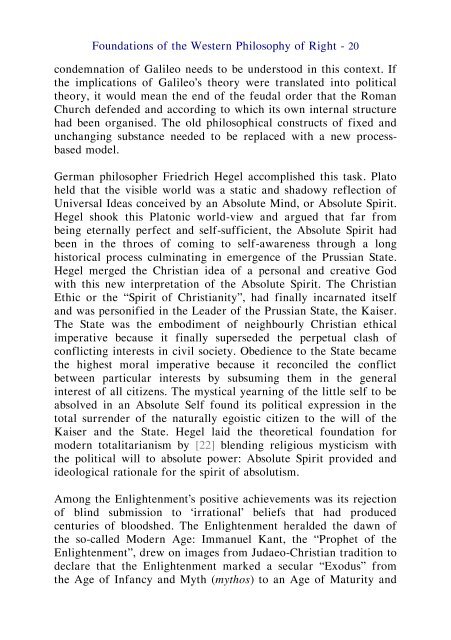Nalin Swaris: Buddhism, Human Rights and Social Renewal
Chapter 1, Foundations of the Western Philosophy of Right Chapter 2, Brahmin Political Theory Chapter 3, The Buddha and His Times Chapter 4, Basic Premises of the Buddha’s Message of Liberation Chapter 5, The Buddha’s Declaration of Human Biological Unity Chapter 6, The Buddha’s Theory of Right Chapter 7, The Buddha’s Theory of Statecraft Chapter 8, The Buddha’s Economic Philosophy Chapter 9, An Alternative Model for Society: the Buddha Sangha Chapter 10, Early Buddhism and Later Centuries Asoka’s Edicts: The First Bill of Human and Animal Rights
Chapter 1, Foundations of the Western Philosophy of Right
Chapter 2, Brahmin Political Theory
Chapter 3, The Buddha and His Times
Chapter 4, Basic Premises of the Buddha’s Message of Liberation
Chapter 5, The Buddha’s Declaration of Human Biological Unity
Chapter 6, The Buddha’s Theory of Right
Chapter 7, The Buddha’s Theory of Statecraft
Chapter 8, The Buddha’s Economic Philosophy
Chapter 9, An Alternative Model for Society: the Buddha Sangha
Chapter 10, Early Buddhism and Later Centuries
Asoka’s Edicts: The First Bill of Human and Animal Rights
Create successful ePaper yourself
Turn your PDF publications into a flip-book with our unique Google optimized e-Paper software.
Foundations of the Western Philosophy of Right - 20<br />
condemnation of Galileo needs to be understood in this context. If<br />
the implications of Galileo’s theory were translated into political<br />
theory, it would mean the end of the feudal order that the Roman<br />
Church defended <strong>and</strong> according to which its own internal structure<br />
had been organised. The old philosophical constructs of fixed <strong>and</strong><br />
unchanging substance needed to be replaced with a new processbased<br />
model.<br />
German philosopher Friedrich Hegel accomplished this task. Plato<br />
held that the visible world was a static <strong>and</strong> shadowy reflection of<br />
Universal Ideas conceived by an Absolute Mind, or Absolute Spirit.<br />
Hegel shook this Platonic world-view <strong>and</strong> argued that far from<br />
being eternally perfect <strong>and</strong> self-sufficient, the Absolute Spirit had<br />
been in the throes of coming to self-awareness through a long<br />
historical process culminating in emergence of the Prussian State.<br />
Hegel merged the Christian idea of a personal <strong>and</strong> creative God<br />
with this new interpretation of the Absolute Spirit. The Christian<br />
Ethic or the “Spirit of Christianity”, had finally incarnated itself<br />
<strong>and</strong> was personified in the Leader of the Prussian State, the Kaiser.<br />
The State was the embodiment of neighbourly Christian ethical<br />
imperative because it finally superseded the perpetual clash of<br />
conflicting interests in civil society. Obedience to the State became<br />
the highest moral imperative because it reconciled the conflict<br />
between particular interests by subsuming them in the general<br />
interest of all citizens. The mystical yearning of the little self to be<br />
absolved in an Absolute Self found its political expression in the<br />
total surrender of the naturally egoistic citizen to the will of the<br />
Kaiser <strong>and</strong> the State. Hegel laid the theoretical foundation for<br />
modern totalitarianism by [22] blending religious mysticism with<br />
the political will to absolute power: Absolute Spirit provided <strong>and</strong><br />
ideological rationale for the spirit of absolutism.<br />
Among the Enlightenment’s positive achievements was its rejection<br />
of blind submission to ‘irrational’ beliefs that had produced<br />
centuries of bloodshed. The Enlightenment heralded the dawn of<br />
the so-called Modern Age: Immanuel Kant, the “Prophet of the<br />
Enlightenment”, drew on images from Judaeo-Christian tradition to<br />
declare that the Enlightenment marked a secular “Exodus” from<br />
the Age of Infancy <strong>and</strong> Myth (mythos) to an Age of Maturity <strong>and</strong>
















